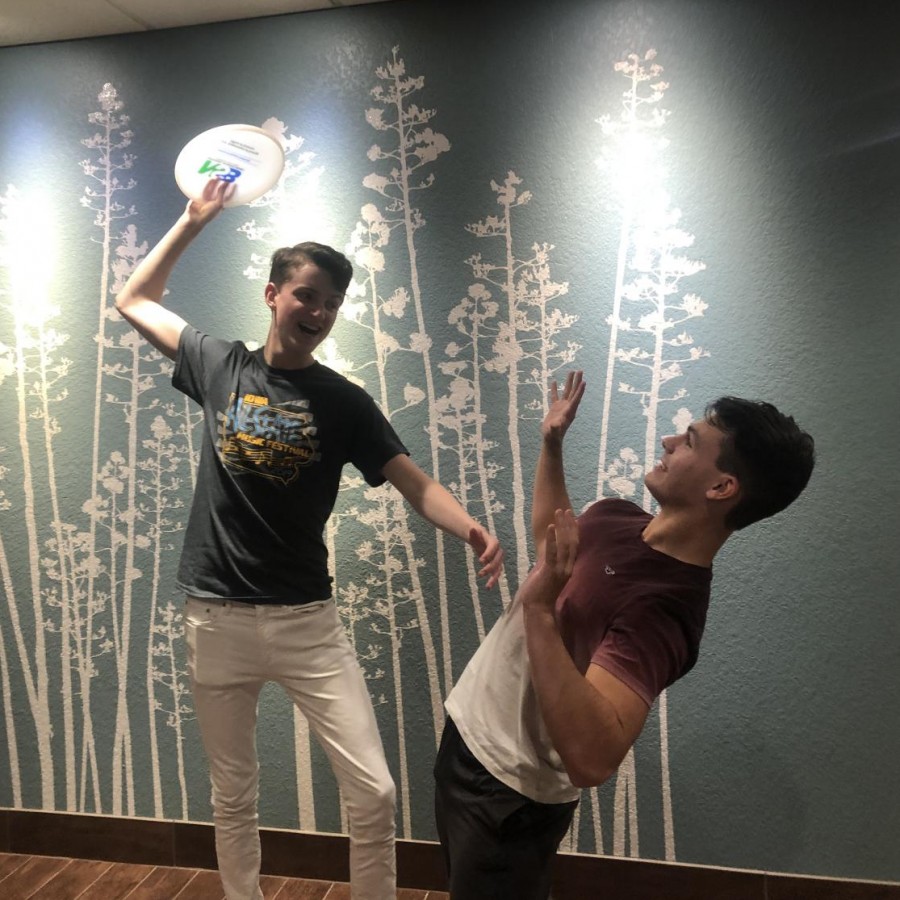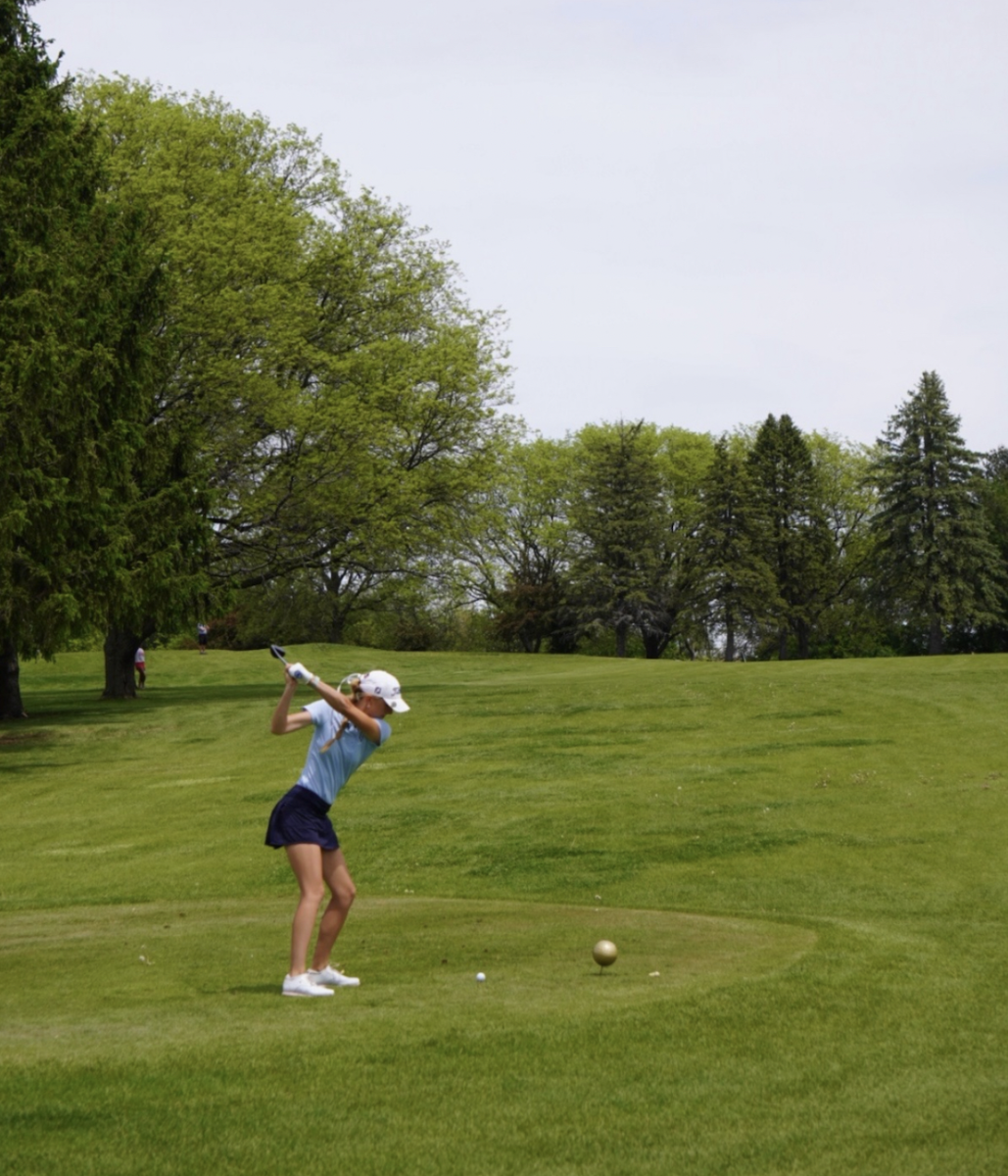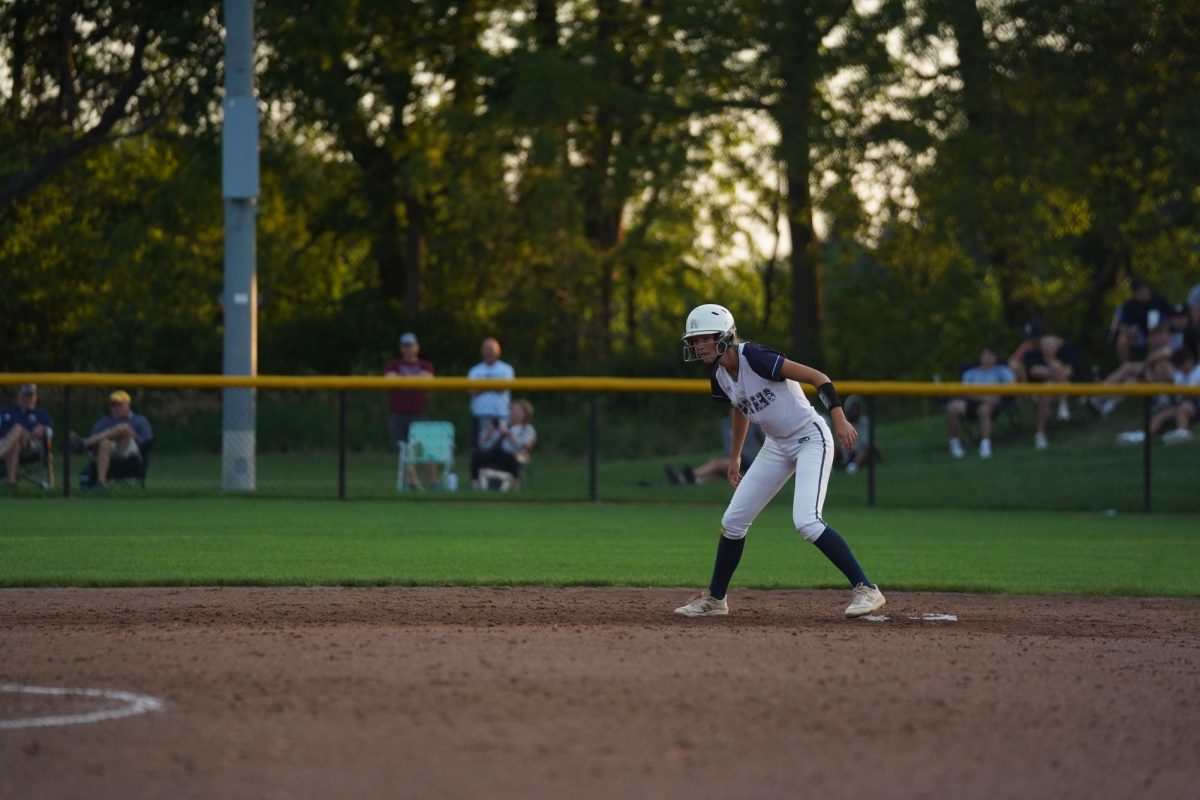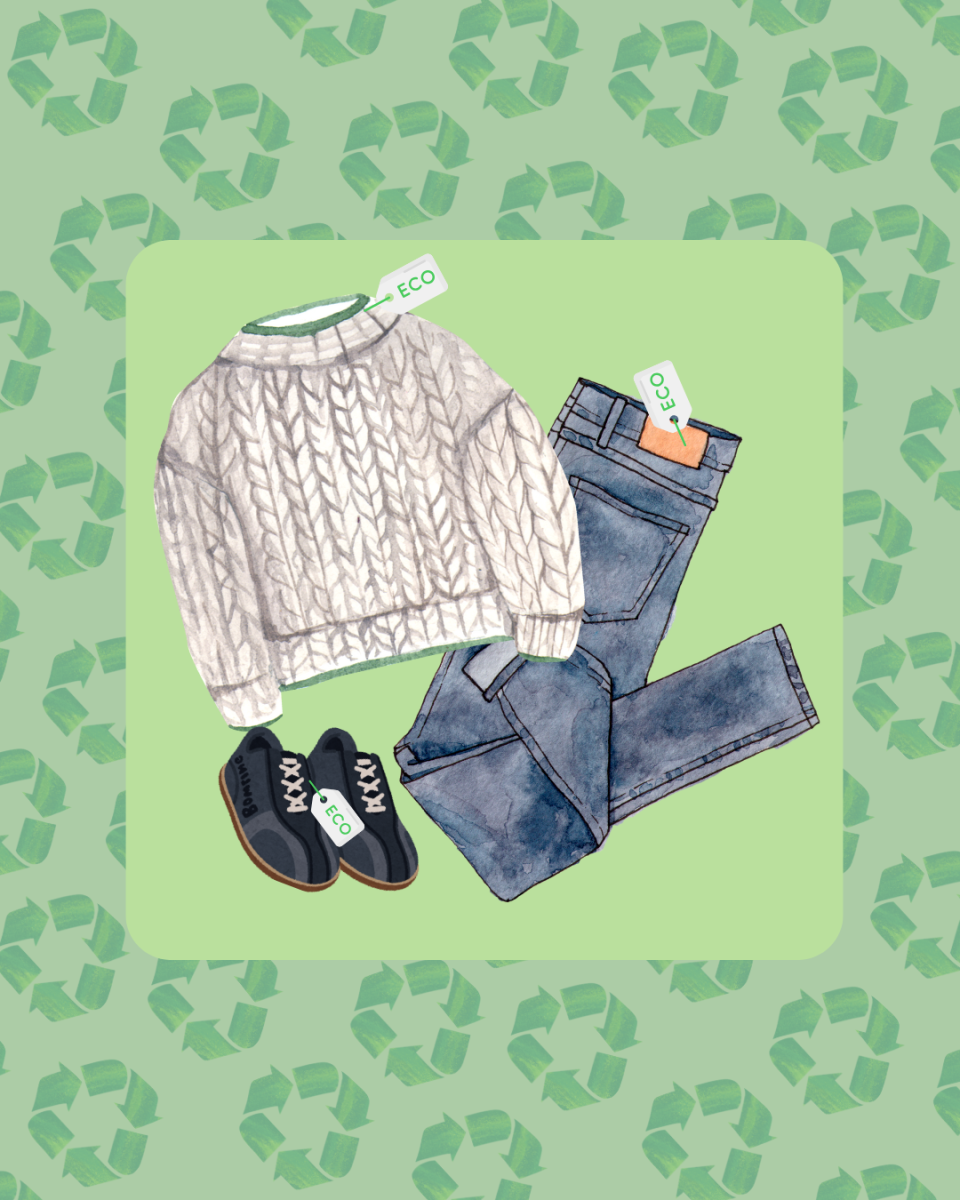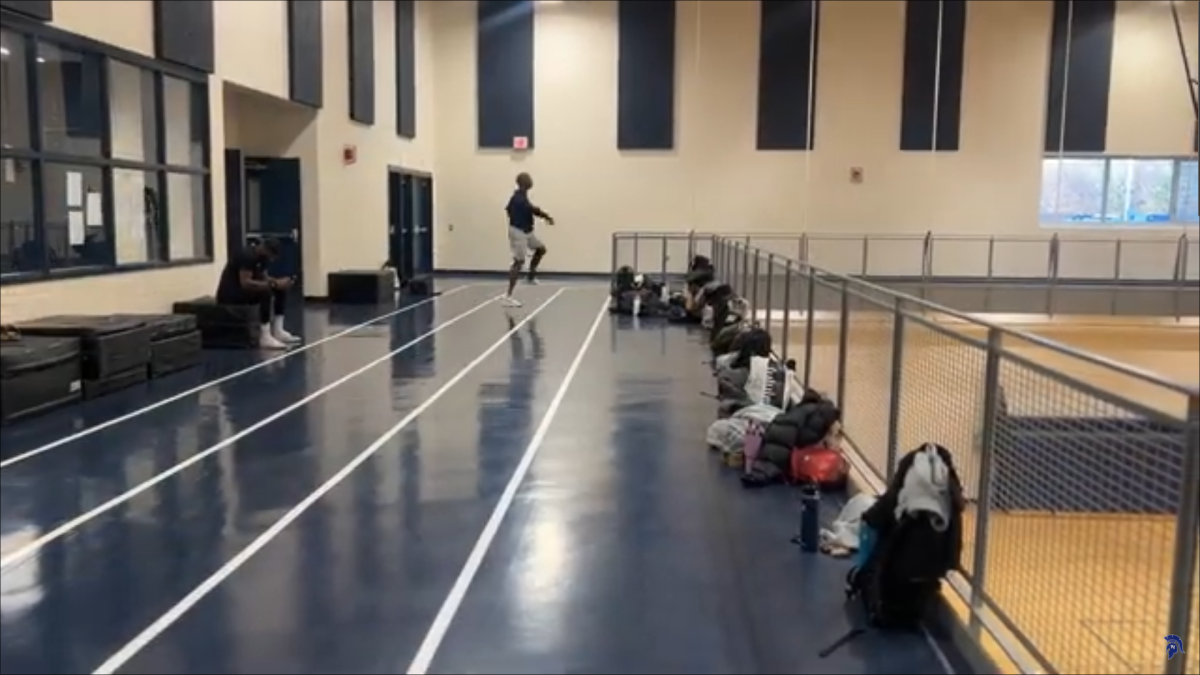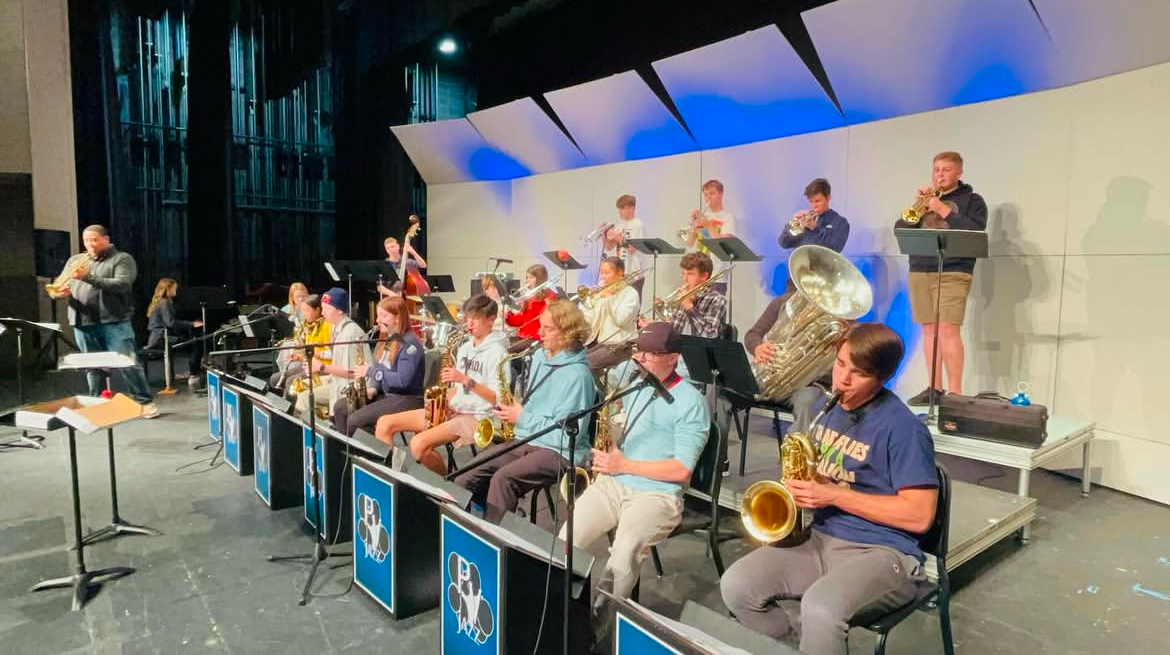Bright stadium lights shine down on the Browns and Steelers players as eager fans await the next punt. As the play is set in motion, a sudden fight breaks out turning this night of excitement into calamity.
After a riveting game between the Cleveland Browns and the Pittsburgh Steelers on Thursday the 14th, the country was left in awe of the fight. Viewers watched in disbelief as Browns defensive end Myles Garrett hurled a helmet at Steelers quarterback, Mason Rudolph’s, head. While a disagreement between two players is not uncommon, this one left people uneasy.
In the aftermath of this incident, the question of increased violence in sports had begun to circle peoples’ minds. But for senior Jackson McLaughlin, these rare spurts of violence are all just a part of the game. “Every sport has a different dynamic and football is at the root a very aggressive sport. The competitiveness of football is what makes it worth it to watch,” said McLaughlin.
For most sports, maintaining that competitive aspect is a key factor that can make or break a team. According to Patrick Hammond, USA Track and Field coach, the most valuable type of competition to develop is true competition. While this includes having a strong desire to win, it also means celebrating in competitors’ victories, understanding the benefits of losing and demanding total effort from opponents.
Although there are numerous benefits of competition in sports for all ages, Hammond also addresses the negative psychological toll competition can have on athletes. “Several researchers conclude that competition hinders performance. They suggest that it promotes insecurity, low self-esteem, envy, shame, anxiety, and the belief that winning can only occur when others lose,” said Hammond. In some cases, this has proven to be true.
While the U.S. has experienced multiple instances of violence between teammates, there have also been reports of domestic violence as a result of ultra-competitive emotions from across the globe. “In Australia, data released by the New South Wales Bureau of Crime Statistics earlier this year revealed that on State of Origin game nights, there is a staggering 40.7% surge in domestic assaults in NSW,” reported Melanie Pescud of The Conversation.
Angered fans return home from a disappointing game and release their frustrations out on their loved ones, showing the ugly side of competition. Even though these emotions may be be short-lived, the resulting domestic violence should not be ignored.
Psychologists at The American Psychological Association believe, “these types of decisions send a powerful message to society that violence will be tolerated: a message that contradicts the values that sports are supposed to represent.” These professionals confirm that moral standards must be maintained regardless of the outcome of the game.
Although competitiveness has the capability to bring out the worst in people, it also has the power to unite society over a shared love of the game.


